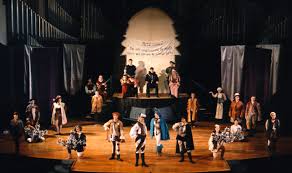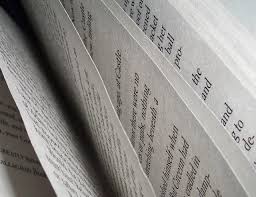Two US students have condensed the plot lines of some of the world's greatest books in to 140-character Twitter messages.
 Dante's Inferno is boiled down to: "I'm having a midlife crisis. Lost in the woods. Should a bought my iPhone."
Dante's Inferno is boiled down to: "I'm having a midlife crisis. Lost in the woods. Should a bought my iPhone."
Sophocles' Oedipus the King is shortened to: "PARTY IN THEBES!!! Nobody cares I killed that old dude, plus this woman is all over me."
The compendium of tweets will be published next month by Penguin. Twitterature: The World's Greatest Books Retold Through Twitter, is written by Emmett Rensin, an English and philosophy student at the University of Chicago, and his university friend Alexander Aciman, who is studying comparative literature.
The books also covers Homer's The Odyssey, and the work of Milton, Kafka and Shakespeare.
"It's funny if you've read the books," said Rensin.
"There were some lines in the book where we're sitting on a couch and we're writing it, and we'd both laugh and say 'there's no way they're going to let us write that,'" Aciman said.
"I'm not going to say it's high art. There is some value to it, I feel, aside from the fact we're making available the idea behind great works of art."



















